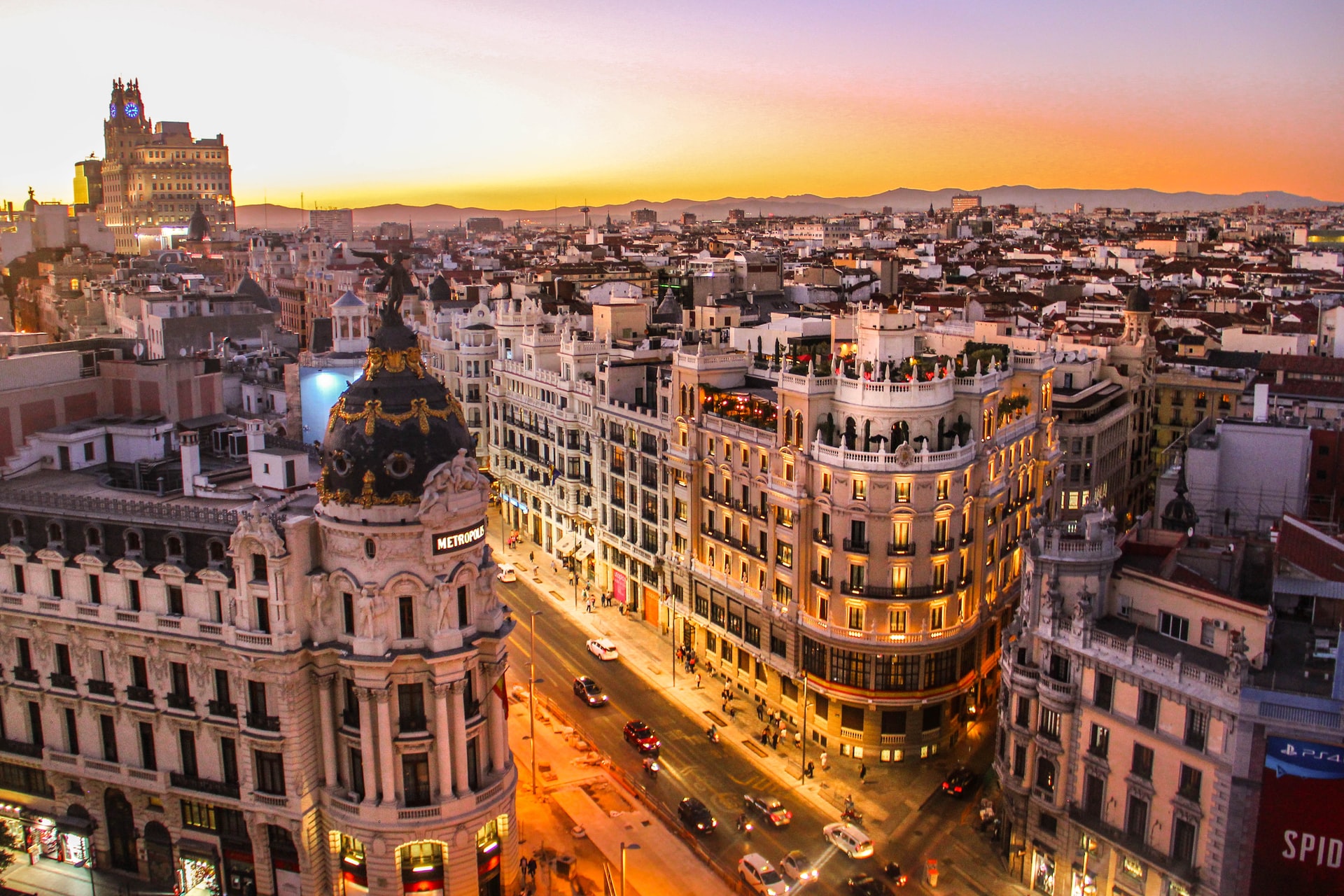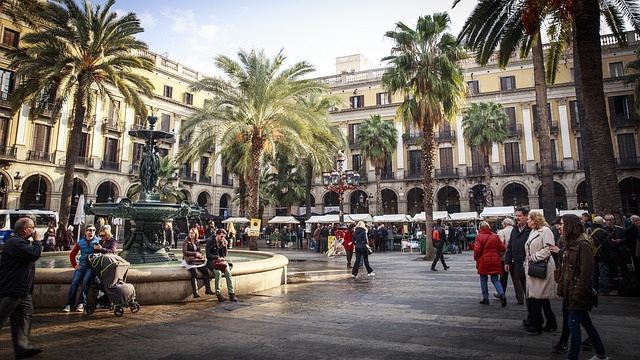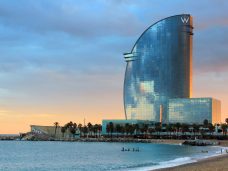If you have decided to move to Spain to work and live – great for you! Spain is generally famous for its quality of life, great weather, and wonderful culture.
Here is everything you need to know about living and working in Spain’s most popular cities – Madrid, Barcelona, and Valencia.
Living and working in Madrid
Spain’s capital is the beating heart of the country when it comes to its political, economic, and cultural life.
Working in Madrid: Madrid is home to several of Spain’s biggest companies, including BBVA, Telefónica, and Santander. It is a major financial center, and a lot of people work in tourism and transportation. There are a lot of high-quality jobs – more than anywhere else in Spain. But keep in mind that even in the capital, salaries in Spain are generally lower than most of the northern European cities. An average salary for a developer in Madrid is €27,405 per year.
Living in Madrid: Even though the salaries are on the lower side, the cost of living is also low. Accommodation is more expensive than in other cities in Spain but still cheaper than other European capitals. And with a well-developed public transport system, it is easy to live in the suburbs and nearby towns and commute daily. Health care in Spain and especially in Madrid is rated highly by expats, and the city is generally safe.
Exploring Madrid: A classy, cosmopolitan, civilized, and vibrant city, Madrid is a home for expats from all over the world, Spaniards, and native Madrileňos. There are plenty of galleries, museums, and theaters to explore, and a lot of nightlife to keep you entertained. And just an hour away, you can explore some famous Spanish towns such as Segovia and Aranjuez, and tranquil forests and mountains are waiting for you to reconnect with nature.
Living and working in Barcelona
Catalonia’s capital is home to numerous expats and is one of the top cities in the world to settle in.
Working in Barcelona: There is a multinational presence in the vibrant city of Barcelona, and it is one of the top choices for IT and biotech companies. Hospitality and tourism are the other industries that generate plenty of work, but most of it is seasonal and under-paid. It is worth learning Spanish and Catalan if you plan to live and work in Barcelona as expats with some local language fluency are placed higher in the job market. An average salary for a software developer in Barcelona is €29,756 per year.
Living in Barcelona: The effect of tourism is felt in the property market – prices are rising, especially in the city center. If you want to settle outside of the city, you can expect to pay a bit lower, but still, the prices are higher than average. The plus is that housing outside of Barcelona is more spacious, and with the easily accessible city through reliable public transport, commuting is not an issue.
Exploring Barcelona: Life is lived outdoors in Barcelona, like in most of Spain. The open terraces and squares are perfect for slowing down and socializing. There are both international and traditional Catalan restaurants and plenty of street food. Nearby Barcelona, you can explore picturesque coastal beaches and towns and the Catalan countryside.
Living and working in Valencia
The third-largest city in Spain is home to a large community of expats and is famous for its laid-back atmosphere and less hectic vibe.
Working in Valencia: The tourism and service sectors are thriving in Valencia, but the manufacturing, automotive, and construction industries are also strongly represented. Networking and fluency in Spanish are key to rank well in the job market. A software developer’s average salary in Valencia is €20,000 per year.
Living in Valencia: There are several international schools and hospitals in Valencia, so you will be well-served in terms of education and health care. The cost of living is cheaper than in Madrid and Barcelona, especially in terms of accommodation. Keep in mind that the price of gas and electricity are among the highest in the EU.
Exploring Valencia: The city is small enough to be easy to navigate on foot and by public transport, and there are a lot of cycle lanes to tour around and enjoy the beach. The nightlife is lively, and the cuisine is authentically Spanish.



